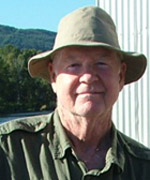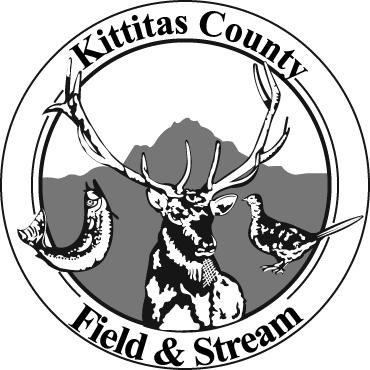Why Get Kids Hooked on the Outdoors
Several things conspired to get me thinking about this “outdoor-connected kids” stuff. Part of it was talking with GrandHucklings about fishing and camping and hunting. Then there was Homey raving about his kid’s learning in the Kittitas Environmental Education Network (KEEN) Pond to Pines Summer Camp. Mostly, however, it was a new way of considering that moment when a child first sees him- or herself as an integral part of Earth, Nature, and the universe itself.
Morris Uebelacker and I had pretty much wrapped up one of the final interviews for the book our Reecer Creek Publishing is doing on his life and successful struggle to overcome a brain injury, when arose the role of unconditional love. Morris spoke of his realization of the unlimited capacity of a fully opened heart – feeling and giving love without condition.
We found ourselves remembering when we each first experienced that fully opening heart and instantaneous recognition of belonging to all of life. We spoke of friends who have identified and confided that moment. And of lifelong quests to recapture, maintain, or hold the feelings which buoyed us at the moment we recognized our capacity to unconditionally love – and be loved by – all of life and the universe itself. Interestingly, the moments we and others identified took place outside, on the ground, in the midst of some simple fishing, hunting or observing activity.
And aren’t those moments the ones we talk about facilitating everytime we have these chats about getting kids connected? We can’t make the heart-opening moments, but we can create the space for them to occur. This is important stuff.
Pulitzer Prize‑winning Harvard biology professor E.O. Wilson calls it “biophilia.” It is the innate desire of humans to connect with other life forms; a connection that benefits us and our species. Any one person’s loss of the connection – that belonging to nature – threatens us all, he might argue, and our future. Robert Michael Pyle calls the loss of connection “the extinction of experience.”
Robert Pyle has long been recognized as one of America’s finest nature writers. From his popular books “The Thunder Tree, Lessons from an Urban Wildland” and “Butterflies of Cascadia” to “Sky Time in Gray’s River,” he has led a quest to understand our earth connections. In the long run, he says, estrangement from the natural world bodes ill for the earth, and we must become believers in the natural world to prevent the extinction of experience with wild things and places.
Pyle often notes that connection happens at some specific place. It may be “a wilderness, a national park, or a stretch of unbounded countryside, but more often the place…is unspectacular: a vacant lot, a scruffy patch of woods, a weedy field, a stream…or a ditch.” Save wilderness, yes, but also save vacant lots, ditches and woodlots. These must be places where people don’t just tip‑toe through, but observe, feel, and interact in a way that touches and awakens the knowing within them. They must be places where kids might fish, or collect butterflies or touch snakes and insects; places where they will awaken to the knowing of safety and honorable responsibility within themselves. Maybe, too, these are places where kids’ hearts first open to unconditional love. We just have to get them to these places.
Aldo Leopold (“A Sand County Almanac”) observed more than sixty years ago that he was unable to live without a connection to wild things. He implied that, while others may be able to live without it, he could not. How many of us today could live without the wildness flowing through our beautiful county? To me, it’s almost unthinkable. Yet, with rising human populations and shrinking wildness, a world without wild things is fact for many millions of people.
Every day, various media make us witness to the devaluation of human life. More and more of our kids are learning to live without an earth connection. Regularly, we hear kids expressing a sense of fear in their lives. Writers and naturalists have long held that it is only through a sense of belonging to earth and wild things that we experience the natural rhythms of life and death. To them, it is only through some hands on connection that we develop a true sense of responsibility to ourselves and others. Storyteller Valerie Martin says it simply: in the end, only nature can restore our sense of safety.
This is the ideal season to get our youngsters on the ground and into nature. Get them out there, and they will find for themselves that heart-opening moment. This is important. To paraphrase Jodi Larsen, Upper Kittitas County Rotary: Children are the emissaries we send into a time we will never see – what do we want them to take along?







